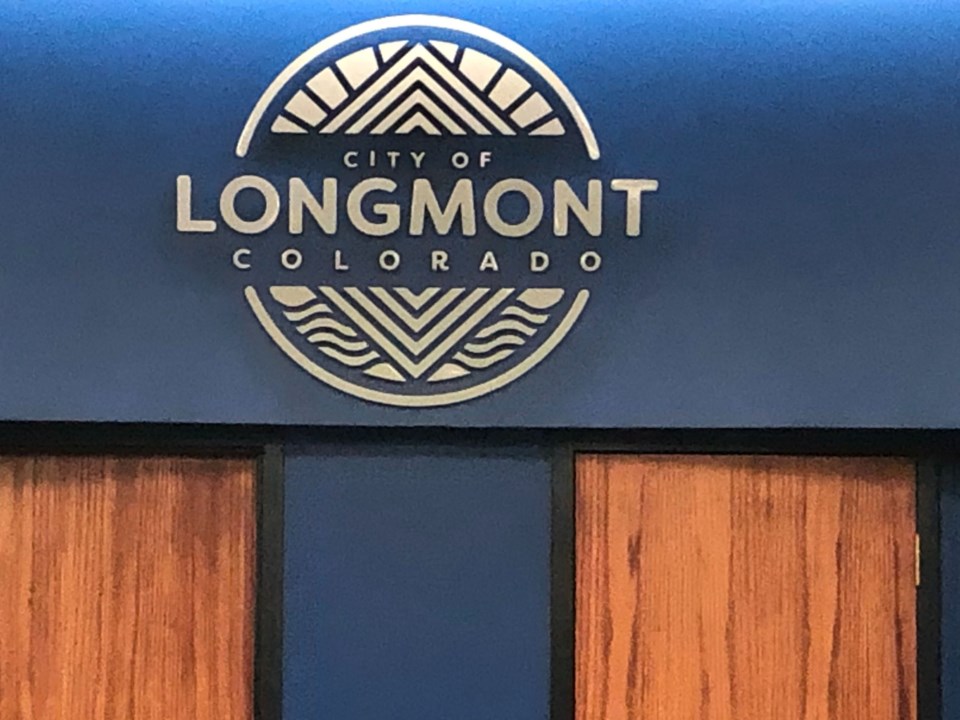A slim majority of city council members on Tuesday night asked staff to return with an ordinance that would temporarily stop property owners from charging late fees to renters hurt by COVID-19.
Staff will bring the proposed mandate before council for a formal vote on Oct. 13. A similar rule was approved this summer in Broomfield.
The proposed ordinance seeks to protect renters who were laid off, hospitalized or encountered other obstacles caused by COVID-19 that prevented them from making their rent on time, according to a staff report to the council.
Councilwoman Polly Christensen said the proposal is only aimed at keeping renters from being thrown out of their dwellings because of the coronavirus pandemic. It does not apply to renters who otherwise do not meet their financial obligations.
“This is not meant as being punitive toward property owners,” Christensen said. “We’re just trying to keep people in their homes.”
Christensen was part of a 4-3 majority that voted to advance the ordinance.
Mayor Brian Bagley said the rule unfairly targets property owners who also are facing financial hardship because of the pandemic.
“I don’t think the council has the expertise, nor do we have the authority telling property owners how they should charge their late fees,” said Bagley, who voted against moving the measure forward. “I think we are really overstepping our authority. I think it’s a big mistake.”
Council members said more information was needed on how COVID-19 is impacting renters in Longmont and the long-term effects of the ordinance.
“We are going to a jackhammer approach with a straight ban,” said Councilman Aren Rodriguez, who also voted against advancing the ordinance.
The draft ordinance would charge landlords $500 for assessing late fees on rental tenants who show they have been financially hit hard by the virus.
To show a COVID-19 hardship, tenants would have to produce “a layoff notice, a letter or other statement from the tenant’s employer attesting that the tenant’s unemployment and associated compensation has been suspended, reduced or terminated as a result of the COVID-19 emergency,” the ordinance states.
Tenants also must produce “documentation showing that the tenant or a member of the tenant’s household who contributes to the monthly rent payment has been diagnosed with, or has been hospitalized or received medical care for COVID-19” or “other evidence of financial or health-related hardship related to the COVID-19 emergency,” according to the proposed ordinance.
A task force set up by Gov. Jared Polis is looking at housing instability caused by COVID-19 and may produce its own guidelines on rental late fees by mid-October, according to the staff report.


